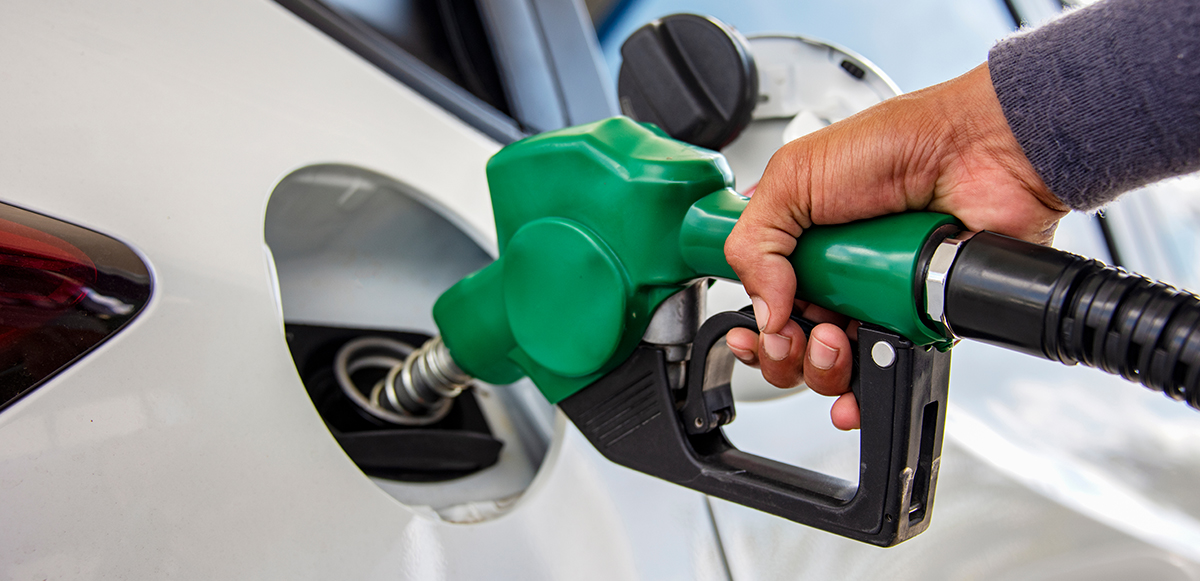The easy route to…understanding fuel


It’s impossible to tell when you fill up your car, but not all fuels are the same. All petrol or diesel must meet a set standard and, although you may visit the same petrol station every week, the exact composition of the fuel you’re putting in your car might vary.
There is nothing specifically wrong with these variations – they are part of how the fuel industry works. However, over time, these variations can have an impact on your car and how it performs including fuel economy and reliability. These issues can impact countless motorists, especially as the average age of cars on the road is increasing and older cars are most at risk.
What contributes to poor fuel quality?
There are strict European laws that cover the fuel you buy. These come in two elements: hard and fast rules to be followed and technical specifications to be met. The technical specifications cover things like safety, engine and vehicle performance, drivability, air pollution and environmental protection. There are a variety of ways these requirements can be met – which leads to changes in the exact composition of a specific fuel.
The composition of a fuel includes biofuel, the types of additives used and even the time of year. Different additive technologies may improve fuel combustion, provide internal corrosion protection and even help maintain engine cleanliness.
New technology and modern driving patterns
Car manufacturers are continually developing better cars, designing them for improved fuel economy and to meet emissions targets. In many instances, this requires increasing temperatures and pressure inside modern engines and developing a finer level of engineering. In some cases, the clearances and pathways inside a car’s engine are less than the width of a human hair.
Ideally, the changes to modern engine design would not be an issue, but how we drive our cars also has an impact on performance. Today, much of the time spent in our cars can be spent stuck in traffic or on short, stop-start journeys. This means a lot of time idling – often with the engine running at a higher temperature. Over time this creates deposits, and even the smallest deposits can dramatically affect performance and fuel economy.
Help is at hand
Making sure your car is in top condition is an excellent first step in fighting the impacts of lower-quality fuel. This means maintaining your car and scheduling car services according to the manufacturer’s recommended schedule.
Make sure you use a reputable garage to carry out any maintenance work on your car. This doesn’t mean that you must use a franchised dealer, there are thousands of independent workshops, but make sure they have the experience and use replacement parts and consumables of the right quality. That includes spark plugs, filters and engine oil.
Engine oil performs a vital function, not only covering all surfaces with a thin lubricating layer, but also removing debris generated as the engine runs normally. The latest oils, like Texaco Havoline ProDS, are designed to help protect modern engines during a wide range of operating temperatures and conditions. Advances including Deposit Shield Technology help protect the insides of the engine from the build-up of deposits that could both impair the engine’s efficiency and cause damage.
Find out more about Texaco Havoline ProDS here.































